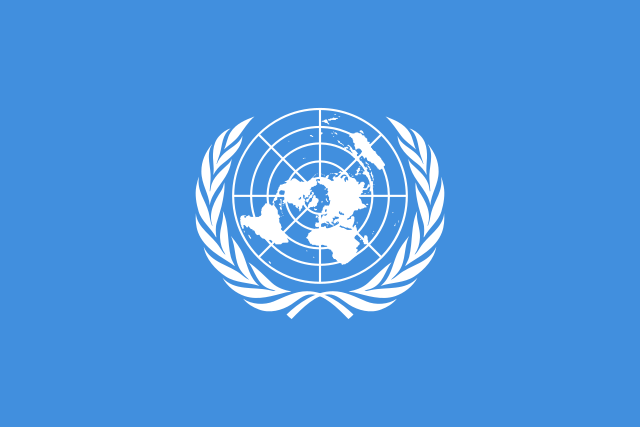UN: Four million Northeastern Nigerians under threat of food insecurity
Story from Isah Aliyu CHIROMA, Abuja
The United Nations Humanitarian Coordinator for Nigeria, Matthias Schmale, has said over four million people in Nigeria’s North-East region are expected to be in dire need of food in the coming season.
Speaking at an advocacy event on food security and nutrition in North-East Nigeria held in Abuja, Schmale said up to $351 million was needed to provide humanitarian support and avert the expected food crisis in the region.
He also noted that a total of 8.4 million Nigerians would need humanitarian support in the North-East, with 4.1 million people in the region already facing severe food insecurity.
He said: “Across North-East Nigeria today, 8.4 million people need humanitarian assistance. Alarmingly, almost half of these crisis-affected people, 4.1 million are expected to face the severe pain of food insecurity in the approaching lean season.
“In 2021, the gap between people in need and people supported by food and nutrition assistance was 1.8 million. Due to reduced funding, that number is projected to dramatically increase to 2.9 million this lean season.
“Unless resources are urgently mobilized, almost three million people in dire need of food and nutrition support will go unassisted. Without food assistance, desperation may compel extremely vulnerable people into transactional sex, child labor, and selling their few possessions.
READ ALSO:Police arrest fake fertilizer manufacturers in Kano
“I have heard stories from last year’s lean season of people in the North-East eating grass to stay alive, and I fear the recurrence of this tragedy if we fail to act quickly.” Speaking at the event, the Head of Special Duties, Federal Ministry of Humanitarian Affairs, Nadia Soso, said food security and nutrition of the affected people in the northern region remains a priority for the government. “It paints a concerning picture of the great force they are up against. Imagine not only having to worry for your safety but also struggling each day to find food and adequate nutrition. “For people across Borno, Adamawa and Yobe state, every day is a challenge and in which without quick action, no relief is in sight. Funding is urgently needed to ensure critical food and relief assistance as the gap between people in need and available resources will grow more severe,” Soso said.
Meanwhile, Experts in the Nigerian agriculture sector have warned that the surging prices of fertilizer could have dire consequences on food production and sufficiency in the country, saying the farm input now sells for twice its price in 2021.
The experts noted that the price of a 50kg bag of urea fertilizer has increased by 183 per cent to an average of N17, 000 from N6, 000 in 2021.
Similarly, the average price of a 50kg bag of NPK fertilizer, mostly used by Nigerian smallholder farmers, has surged by 112.5 per cent to N17, 000 from N8, 000 in 2021. Explaining the development, the experts said there has been a global surge in fertilizer prices, exacerbated by the Russia-Ukraine crisis, leading to high food prices and adding to worries over food security. According to the experts, high fertilizer prices translate to higher production costs, making more people poorer as food accounts for about 80 per cent of household spending. Reacting to the fertilizer price spike, the Chief Executive Officer, Centre for the Promotion of Private Enterprise (CPPE), Muda Yusuf, and said fertilizer was a very important input for boosting agricultural productivity, adding that its exorbitant price would have a knock-off effect on food prices.
Yusuf also noted that food inflation, one of the biggest issues affecting the economy, might get worse as a result of price increases.
Also, Operations Manager at Aquashoot Limited, Abiodun Olorundenro, explained that farmers with big farms may be forced to reduce the cultivated land while subsistence ones may not use fertilizer, resulting in lower yield per hectare. He said, “Fertilizers cost in production is about 35-40 per cent. And what that means is that bigger farms will cut down to about 50 per cent, leading to a reduction in the availability of food which will make consumers pay more.”
Also speaking, Chairman, Folhope Nigeria Limited, a Nigerian company renowned for agricultural production, Chief Emmanuel Folorunsho Ogunnaike MFR, has said that subsistence farming is the only way out of the food scarcity being experienced in the country.
Follow the Neptune Prime channel on WhatsApp: https://whatsapp.com/channel/0029Va74ZvU2v1IqKByXoX3d
Do you have breaking news, interview request, opinion, suggestion, or want your event covered? Email us at neptuneprime2233@gmail.com


